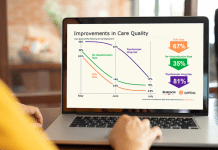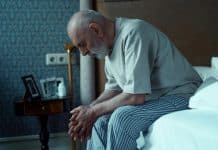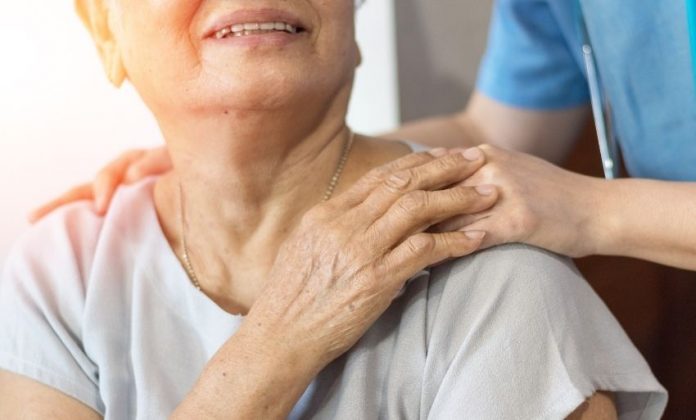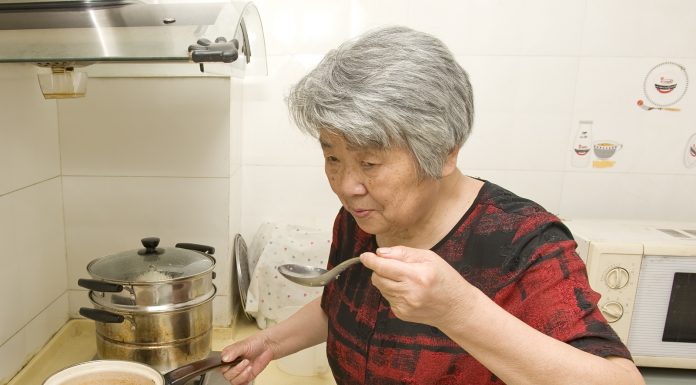When you are caring for an aging partner, parent, or patient, their bodies will continue to change, and they will experience increasing difficulty doing various tasks. You must monitor these changes because they could indicate or lead to serious health issues. These are the most common age-related diseases caregivers should watch for.
Diabetes
Diabetes is one of the most prevalent issues to watch out for in older adults. Their bodies process and break down glucose and insulin differently, so they must pay close attention to their medications and activities. Though each senior’s doctor may recommend a slightly different approach, you must be aware of their glucose levels, and help them if they are too low or too high. Diabetes complications to watch for include functional impairment, nerve damage, skin problems, and damage to the extremities. If you notice any of these symptoms, contact a medical professional right away.
Dementia
Dementia is a debilitating disease that affects everyday function in older adults. If they are living independently and driving, they should be closely monitored for any decline in their mental faculties, since they can pose a danger to themselves and others. Dementia is marked by memory loss, language problems, and cognitive degeneration. Each of these pillars of the disease affects how well seniors can interact with society and care for themselves. As caregivers, equip yourself with caregiver information about dementia behaviors and take note of any significant decrease in memory ability or cognitive capacity.
Urinary Tract Infections
Urinary tract infections, or UTIs, are common in older adults and pose a serious health risk. Among seniors, UTIs can be frequent, but they do not always present as they do in younger people. Instead of the classic frequent urination and burning sensation, older adults may experience incontinence and lethargy. Watch for the warning signs and exercise extra caution if your partner or patient uses catheters, has dementia, or is incontinent.
Knowing the common age-related diseases caregivers should watch for will help you act quickly and administer aid. As a caregiver, you are responsible for the other person’s health.
























